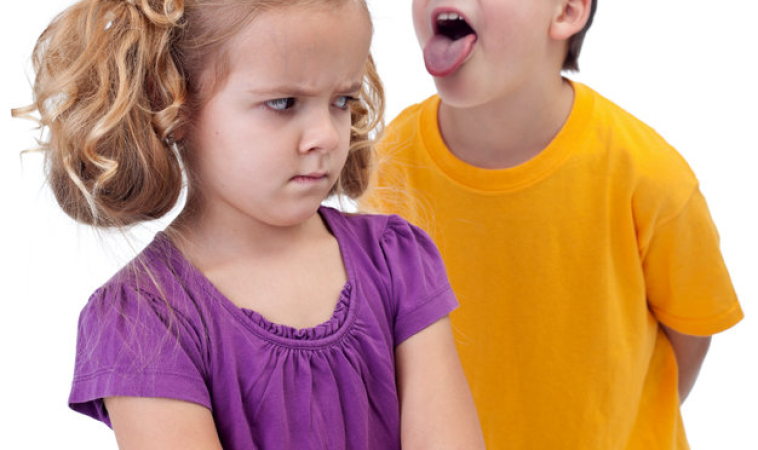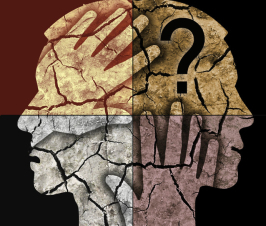Young people who are repeatedly bullied by siblings are more likely to suffer from poor mental health and wellbeing issues later in adolescence, a new study has suggested.
The new research, which analyzed data from over 17,000 participants, found that as the frequency of bullying increased in early-to-middle adolescence, so did the severity of mental health outcomes in their late teens
The paper also found that sibling bullying in early adolescence, irrespective of whether the individual was a victim, perpetrator, or both, has a long-term effect on both positive and negative mental health in late adolescence.
Previous studies have shown that adolescence is a particularly vulnerable period for the deterioration of mental health, and problematic sibling relationships can be a key factor in the development of mental health difficulties during adolescence.
Lead author, Dr Umar Toseeb from the University of York’s Department of Education, said: “Whilst sibling bullying has previously been linked to poor mental health outcomes, it was not known whether there is a relationship between the persistence of sibling bullying and the severity of mental health outcome, in the longer term.”
“In the first study of its kind, we comprehensively investigated a whole range of mental health outcomes, which included measures of both positive (eg wellbeing and self-esteem) and negative (eg symptoms of psychological distress) mental health.
“Of particular note was the finding that even those who bullied their siblings, but weren’t bullied themselves (ie the bullies) had poorer mental health outcomes years later,” Dr Toseeb added.
Finally, the paper suggests that prevention and clinical interventions aimed at reducing mental health difficulties and promoting positive mental health during late adolescence are likely to benefit from reducing sibling bullying in early adolescence.
The study made use of data from the UK-based Millennium Cohort Study. The study was set up in the early 2000s to investigate the lives of children in the new century. Young people completed questionnaires about sibling bullying at age 11 and 14 years, and further questionnaires about their mental health and wellbeing when they were 17 years old. Parents completed questionnaires about their child’s mental health difficulties when they were 11, 14, and 17 years old.
1. Umar Toseeb, Dieter Wolke. Sibling Bullying: A Prospective Longitudinal Study of Associations with Positive and Negative Mental Health during Adolescence. Journal of Youth and Adolescence, 2021; DOI: 10.1007/s10964-021-01495-z

Razi Berry is the founder and publisher of the journal Naturopathic Doctor News & Review, which has been in print since 2005, and the premier consumer-faced website of naturopathic medicine, NaturalPath. She is the host of The Love is Medicine Project docuseries, The Natural Cancer Prevention Summit, The Heart Revolution-Heal, Empower and Follow Your Heart, and the popular 10-week Sugar Free Summer program. From a near death experience as a young girl that healed her failing heart, to later overcoming infertility and chronic fatigue syndrome and fibromyalgia through naturopathic medicine, Razi has lived the mind/body healing paradigm. Her projects uniquely capture the tradition and philosophy of naturopathy: The healing power of nature, the vital life force in every living thing and the undeniable role that science and mind/body medicine have in creating health and overcoming dis-ease. You can follow Razi on social media: Facebook at Razi Berry, Instagram at Razi.Berry and join the Love is Medicine group to explore the convergence of love and health. Look for more, and listen to more Love is Medicine podcast episodes here.

















